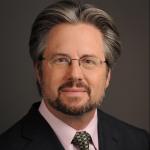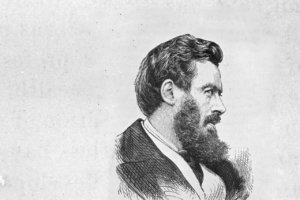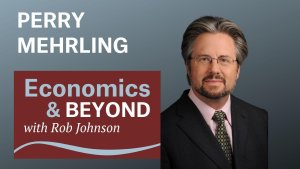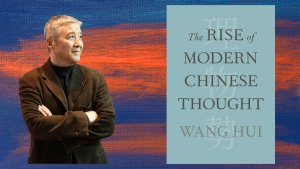History will record that the IMF’s conference last week (March 7-8), titled “Macro and Growth Policies in the Wake of the Crisis”, marked a turning point in mainstream economic debate within academia, probably only one turning point in the crooked road that lies ahead, but nonetheless a significant moment.
Olivier Blanchard, Director of Research at the IMF, struck the significant note in the opening minutes of the first session (2:50 in Session 1). According to him (and I paraphrase), before the crisis, mainstream economic thinking had converged on a beautiful construction in terms of monetary policy, namely “inflation targeting”. We had convinced ourselves that it was enough to focus our attention on one target (inflation), and one instrument (the policy interest rate) to achieve that target.
One lesson of the crisis is that the pre-crisis consensus is not right—“Beauty is not synonymous with truth”—and we have to reconsider. The policy problem is one of multiple targets and multiple instruments, and the mapping from instruments into targets is complex. Economic policy is consequently much more complicated and messy than we had thought pre-crisis.
Where do we go from here? On the research front, so Blanchard continues in his closing remarks (8:00), the “brave new world” of policy-making is very exciting. We have the chance to revisit a large range of macroeconomic issues but now with the right microeconomic foundations, for example agency theory, imperfect information, and behavioral economics.
On the policy front, however, we must simply face the limits of our knowledge, and hence go slow. We cannot give up on inflation targeting, but must proceed step by step, pragmatically, to add additional targets and instruments one by one, in an experimental fashion, in order to find out what works and what does not. We must “keep hopes, our hopes, in check”. Crises will probably happen again and we probably won’t be ready for them.
In summary, we need new economic thinking, but we can start from where we were before the crisis, with a conception that the underlying problem is microeconomic distortion of one kind or another away from the perfect market ideal. And we need new economic policy also, but again we can start from where we were before the crisis, with the inflation targeting model that Otmar Issing says “doesn’t help you at all” in practical terms. That is one message anyway.
I take away a different message.
To me, the importance of this conference comes simply from the very public assertion that the pre-crisis consensus was wrong—okay, “not right”—and that we need now to be working toward something else. The significant point is that there is no consensus on what that something else should be. Some people, perhaps even most economists currently practicing, will work from the pre-crisis consensus, tweaking this or that.
But there is room also for more fundamental departures, for new approaches that have not yet been tried. Unless I mistake him, I think Blanchard would agree. (He apparently asked conference participants to be provocative.)
Otmar Issing, for example, offers a Nobel for anyone who provides a proper theoretical treatment that combines credit and money, financial quantities and financial prices. That is what practicing central banker economists like himself have always been looking for, and not found yet, certainly not in the pre-crisis academic consensus.
A decade ago, Olivier Blanchard wrote an influential paper, “What do we know about macroeconomics that Fisher and Wicksell did not?”, in which he put forth a kind of Whig history of the progress of macroeconomic thinking up to 2000. Compared to today, suggested Blanchard, macroeconomics pre-1940 looks like “a period where confusion reigned, for lack of an integrated framework”.
According to his account, the inter-temporal general equilibrium model (DSGE) provided that missing framework. Now, ten years later, we can see that framework in a different light, as the origin also of the “beauty” that economists mistook for truth, and apparently still do, if only by force of intellectual habit. The important takeaway is that the crisis has opened the ground for alternative frameworks as well as tweaks of the existing one.
To be provocative, let me put it this way. We are living today in a period not unlike the inter-war period, a period where confusion reigns for lack of an integrated framework. We are living in a period of exploration and experimentation, not only in the policy world but also in the world of ideas. Let the new economic thinking begin.
To be continued…





